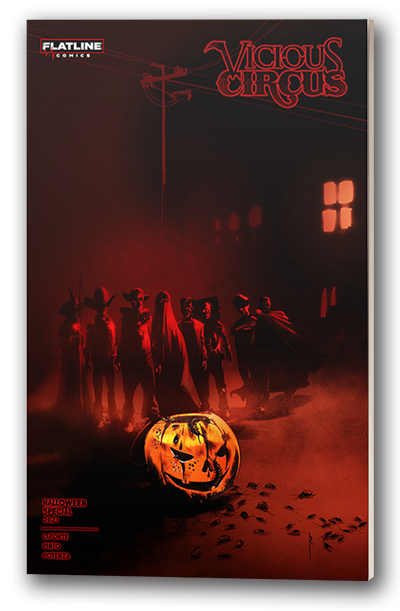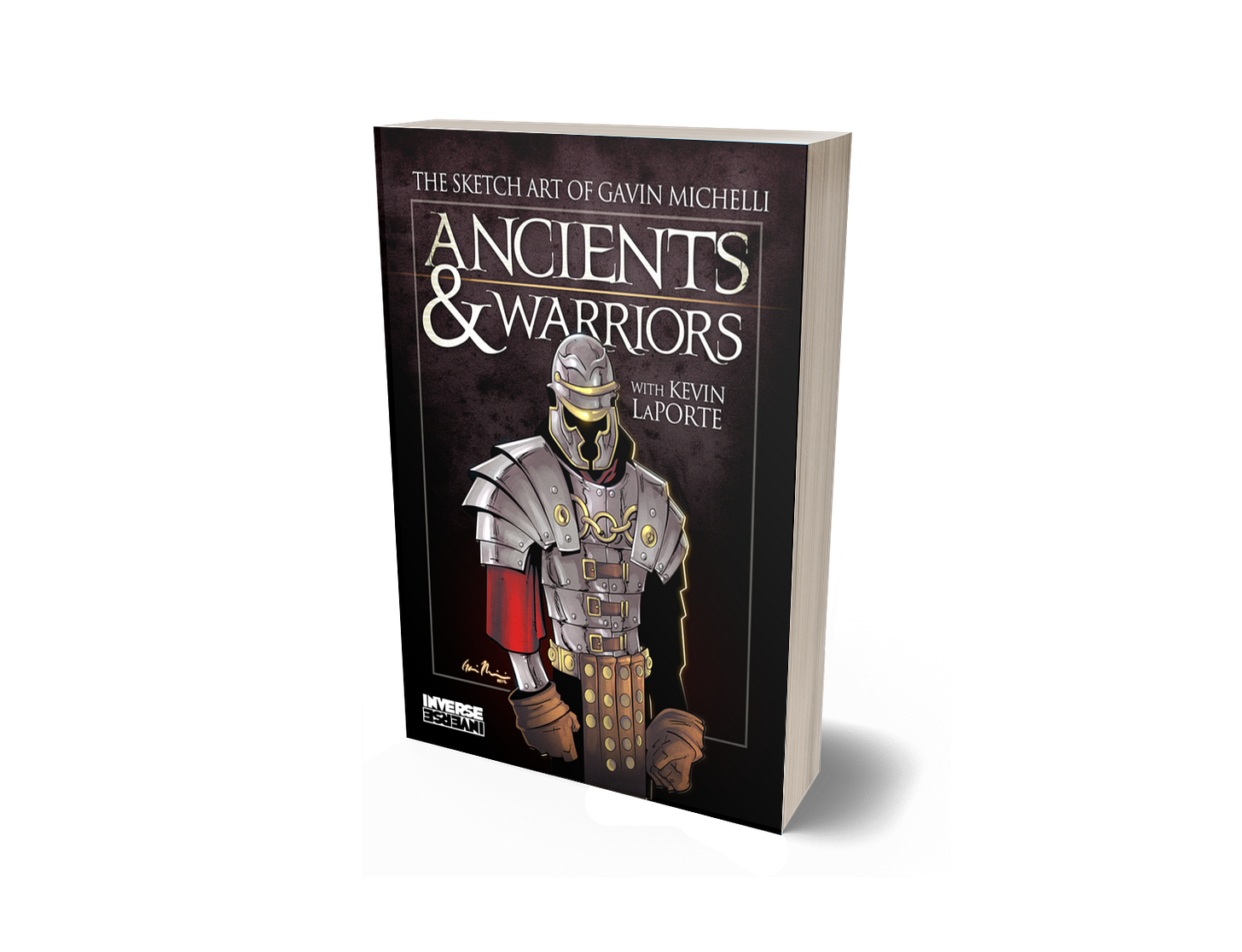Why Is It Important to Cross-Train as a Comics Writer?
Explore working in, not just new genres or styles, but new formats.
2007 was a difficult year for me. A divorce after a marriage of nearly 20 successful years. The difficult decision to close my thriving comic shop. Just tips on the iceberg-sized year of pain that was 2007. Part of my recovery plan was running, not just to get in better physical shape but also to distract from the pain of loss, to set a new routine, and to place the potential for success in something before me. And it worked. Within a year, I successfully and routinely ran 10+ miles per week. Despite the drastic life changes that confronted me, I could always slip on the shoes, hit the pavement, and know that I was bettering myself and dousing my brain in healing dopamine via the very real phenomenon that is the runner’s high.
In the ensuing couple of decades, my running ability has waxed and waned, but I never quit. I ran a 5K yesterday morning at 54 years old. The only gaps in my running routine came as a result of injuries. Plantar fasciitis. Rubber-banding knee ligament. Torn calf muscle. Strained hamstring. Separated patellar tendon. Each of these painful developments taught me that, to be a better and more effective runner, I needed to cross-train. Dynamic stretching for the plantar fascia, calves and hamstrings. Strength training for the knees (after healing).
In my experience, the same principle holds true for writing. Since childhood, my dream was to write comics, a pursuit I didn’t realize until I was almost 40, and the vast majority of my writing energies have been invested into comics, which is most likely how you know me. At the outset, I struggled to find a writing voice, particularly when it came to character dialogue, and experience certainly helped improve that skill. However, writing in different formats also made a huge difference.
In 2013, friend and artist, Gavin Michelli, requested my assistance publishing his large catalog of pencil character sketches involving armored and weapon-wielding warriors of yore. In addition to design and publication duties, I also contributed poetry to every art piece in the book. That was… A LOT …of poems. I hadn’t written poetry since high school, so Ancients & Warriors was an exercise in skill development with a high bar. When I pick up that book today, I’m proud of my work within its pages, and I see how flexing that particular writing muscle made me a better wielder of words.
In 2019, my partners Jessica (now my wife) and Amanda Rachels joined me to launch a Southern cryptid-centric podcast called Ain’t No Such Thing. We produced many episodes and laughed many laughs over the next few years, and we soon added fictional short story reads to our episode repertoire, in addition to the humor-based discussion format. I took the lead on writing these prose shorts and was quickly joined by our partner Erica J. Heflin, already an accomplished comics writer (best known for her time on Zenescope’s Wonderland). Amanda narrated the stories for our podcast listeners, and they proved quite popular.
Although I toyed with the notion of prose writing over the years, this was the first time I sat down, took it seriously, and made it happen. It didn’t take long to come to some serious realizations:
I enjoyed writing prose.
Writing prose came very naturally to me.
I was good at it.

Over the lifespan of Ain’t No Such Thing, I produced somewhere in the neighborhood of 14 complete short horror stories, 4 of which were loosely related by the generational reappearance of a common (but rapidly worsening) monster across the tales. Working on these prose projects over a few years absolutely changed how I write comics:
I began writing more for the characters and drama and conflicts of the story rather than to realize common comics tropes or to fit within a self-defined page count.
I began treating comics stories more seriously with regard to tone, theme, and characterization.
I learned how better to organically (and efficiently) inject personality and history into comics characters and how to make them matter more to readers in short order.
Since that time, I’ve applied these newfound - and still developing - skills to comics projects such as the Vicious Circus Halloween Specials (which I’m collecting in hardcover next month!) and Gothic Horror Team-Up (the 2nd issue of which is nearly 50% complete!).
So, my advice to existing or aspiring writers is to diversify your output. Cross-train your writing skills and develop those creative and organizational muscles in all their groupings.
As for those horror short stories, I just finished up a few more, enough to fill a real book. So, on August 17, I’m launching Baptizer and 10 More Alabama Nightmares on Kickstarter!
In Baptizer, a ritual-obsessed serial kidnapper sacrifices himself and his victims to the raging waters of a cleansing flood, polluting the streams and rivers and beaches of Alabama with the monster’s dark purpose and desecrated mind. Now, the water itself takes his form and continues his murderous mission, ever larger and ever more destructive with each mile it runs downstream, spawning supernatural abominations never before imagined within the Heart of Dixie.
You'll be able to consume Baptizer in your preferred reading format, including paperback, dust jacketed hardcover, digital (EPUB or PDF), or audiobook.
Thanks, as always, for reading and for your support!
Here’s to an amazing start to your week!
Kevin







Great article. We have some startling similarities.
Thanks for sharing your journey! That’s great advice. Musicians and athletes cross train in different disciplines. Scientists and mathematicians say music and the arts strengthen their practice. Why not us cartoonists?